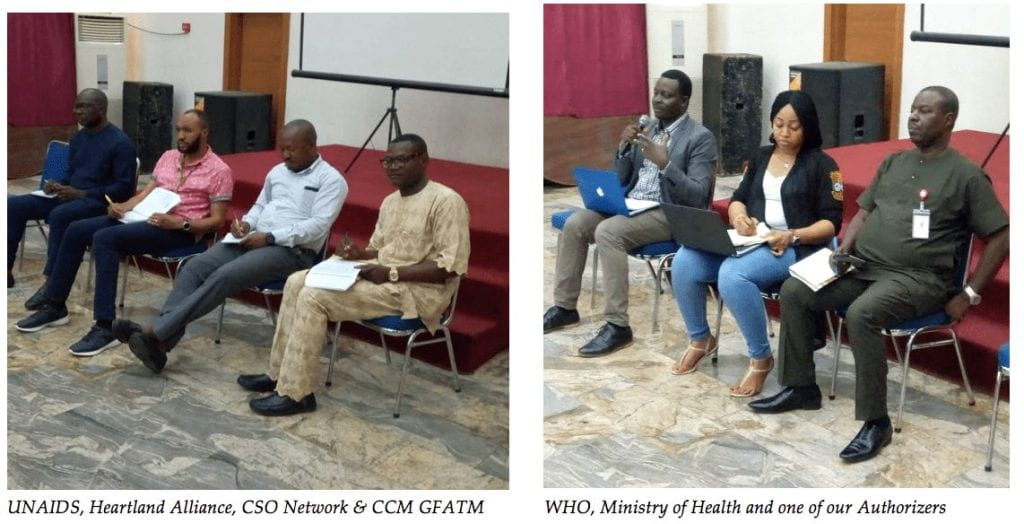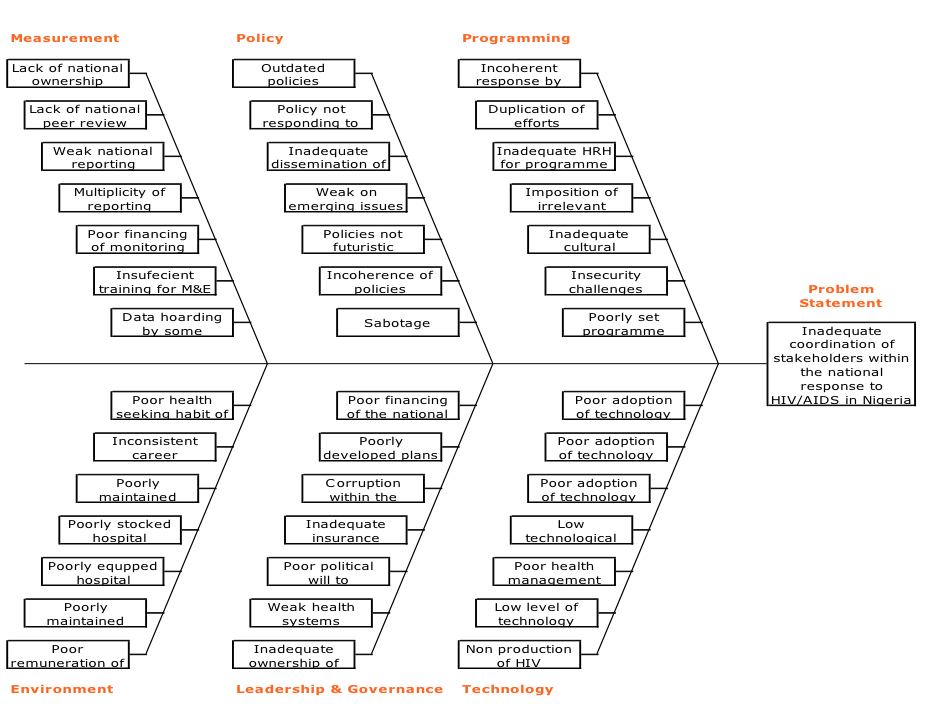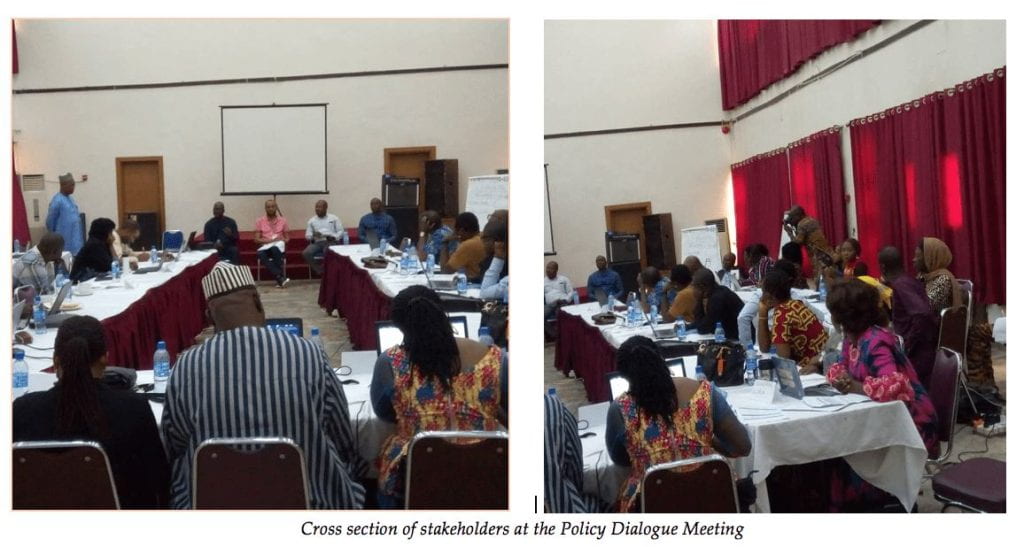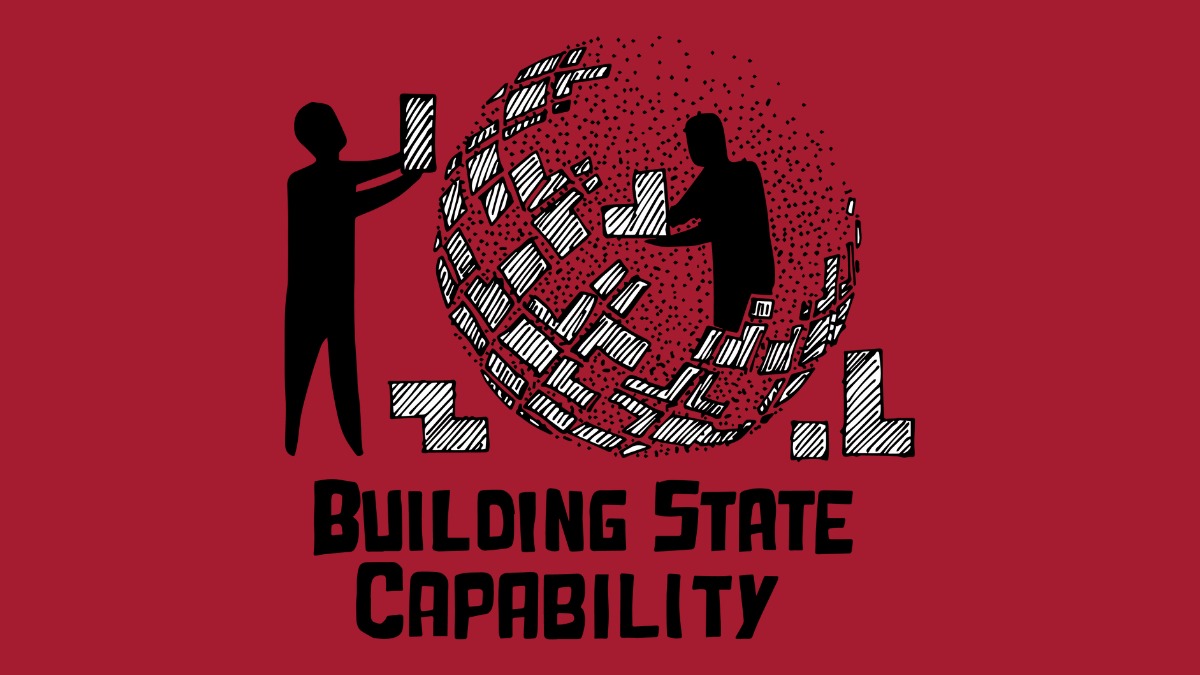Guest blog written by Ime Michael Mukolu, Oluwaseun David Oshagbami, Rashidat Jogbojogbo, Sodipe Oluwaseun Oluwasegun.
This is a team of four development practitioners who work for the National Agency for the Control of AIDS (NACA) in Nigeria. They successfully completed the 15-week Practice of PDIA online course that ended in May 2019. This is their story.

With the processes and strategies learned from PDIA as well as anticipated support from critical stakeholders, we can say we are on the right track towards achieving effective coordination of the National HIV response.
The following were progress made thus far:
- We conducted a fishbone analysis of our problem and that gave us a better understanding of what we are dealing with.
- We also conducted two iterations under which we accomplished the following:
- We finalized a concept note to review the National Policy on HIV/AIDS and got the approval of our Authorizer to hold a two day Policy Dialogue meeting.
- We brought critical stakeholders together for a Policy Dialogue meeting, where we had discussions towards providing a clear direction to the HIV response.
- We documented policy recommendations required to improve funding and coordination of the HIV response and shared same with all critical stakeholders.
Overall, PDIA has re-orientated the team to see problems differently. To use problems as a launch pad to build state capability especially in the field of HIV/AIDS coordination in Nigeria. The course helped sharpen our skills on how to approach problems by simply identifying the causes, sub-causes, relevant stakeholders that are critical to solving the identified problem and how to engage them.

The lesson on stakeholder’s analysis gave us great insight that helped us understand and engage well with the different stakeholders last week when we had one week long activity to strengthen state level coordination mechanisms in 8 high burden states. We are planning to also engage more with stakeholders to strengthen coordination and programming in the conflict affected states.
Having learnt from the 2 iterations, we are going to extend our iteration to other areas of concern to further address the problem we are working on.

We will step down what we have learned to other officers to build their capacities, encourage them to participate at the next PDIA programme and engage them as team members we will work with on some aspects of the problem we are working on.
We will facilitate stakeholders to further discuss problems of inadequate coordination of the HIV response and recommend the setting up a community of practice to facilitate the dissemination of tacit knowledge especially around HIV/AIDS coordination.
Key takeaways from the PDIA course for team NACA include:
- Encouraging Local Solutions for Local Problems
Moving from promoting preset solutions to allowing the local nomination, articulation, and prioritization of concrete problems to be solved. - Pushing Problem Driven Positive Deviance
Creating (and protecting) environments within and across organizations that encourage experimentation and positive deviance. - Try, Learn, Iterate, Adapt
Promoting active empirical learning with evidence-driven feedback built into regular management that allows for real-time adaptation. - Transmission
Engaging multiple agents across sectors and organizations to ensure reforms are viable, legitimate and relevant.
To learn more, visit our website or download the PDIAtoolkit (available in English and Spanish) or listen to our podcast.
